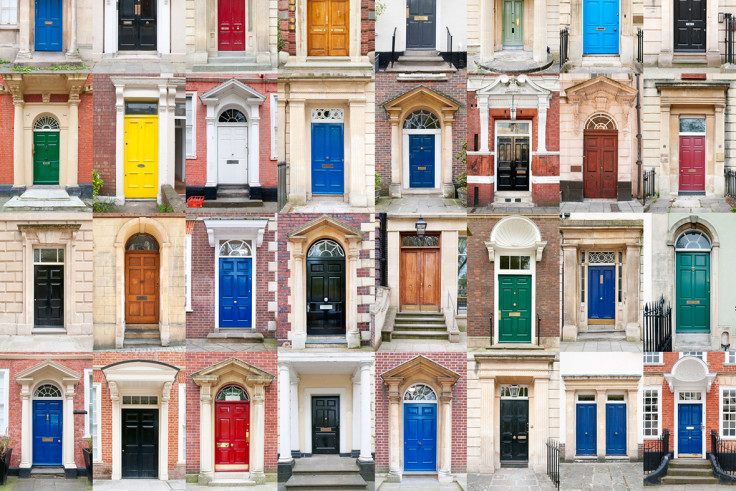UK house prices moving 'onwards and slowly but surely upwards'
Robert Gardner, Nationwide's chief economist, says demand improving despite weaker economic outlook.

The average UK house price rose marginally in November, according to the monthly Nationwide index. House prices rose by 0.1% when compared to October, said Nationwide, when monthly growth was flat.
Year-on-year, UK house prices increased by 4.4% in November, slower than October's annual growth rate of 4.6%. The average price was £204,947.
"There are some signs that, despite the uncertain economic outlook, demand conditions have strengthened a little in recent months, reflecting the impact of solid labour market conditions and historically low borrowing costs," said Robert Gardner, Nationwide's chief economist.
"Mortgage approvals increased in October, and surveyors report that new buyer enquiries have increased modestly.
"The relatively low number of homes on the market and modest rates of housing construction are likely to keep the demand/supply balance fairly tight in the quarters ahead, even if economic conditions weaken, as most forecasters expect."
Housebuilding continues to run well below what is needed to meet demand, estimated to be between 200,000 and 300,000 new units a year. Government figures show that in the year to the end of September there were 147,880 starts and 141,690 completions, both figures up annually by 4%.
"Onwards and slowly but surely upwards seems to be the trend with a mildly stronger performance in November," said Rob Weaver, director of investments at property crowdfunding platform Property Partner.
"The housing market is showing remarkable resilience in spite of a few wobbles in confidence post-Brexit. We're not in the dizzying double-digit percentage increases of mid-2014 but still house price growth, at least for those who have already bought, is comfortably creeping up.
"Interestingly, the real certainty in uncertain times is the undeniable dearth in not only current available stock for sale but also longer-term housing supply in the UK, which is acting as a buttress for prices.
"Combined with cheap borrowing rates and continuing high employment, house prices particularly in London and the South East are only heading one way in the mid to long-term – and that's up."
Interest rates on mortgages are still at historic lows, helping to support demand in the housing market. The Bank of England slashed its base rate in half to 0.25%, an all-time-low, in the wake of June's vote for Brexit to support the economy through any turbulence.
© Copyright IBTimes 2025. All rights reserved.






















